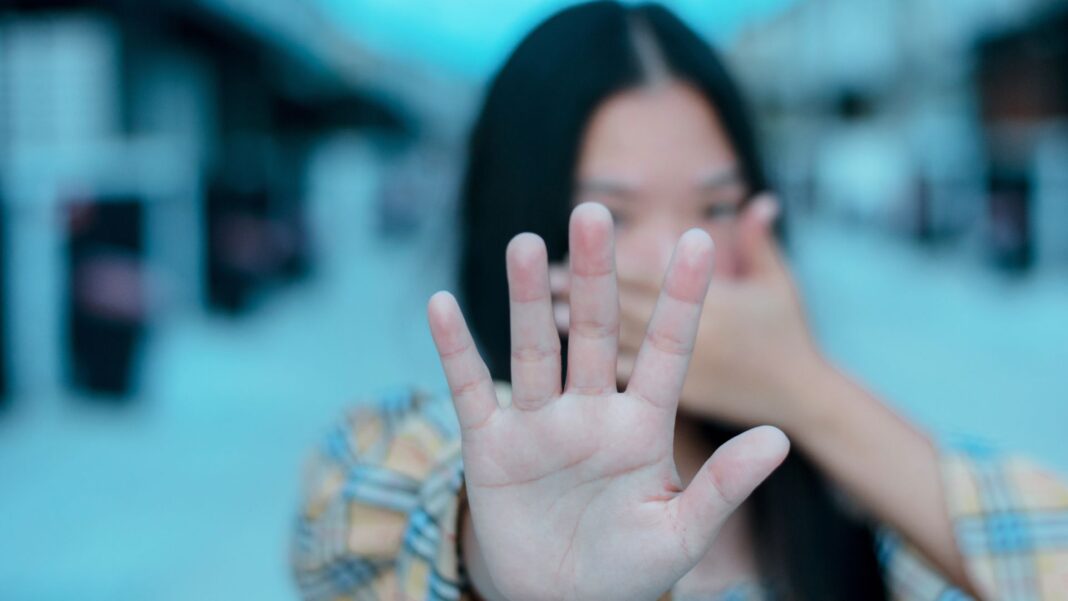One of the most important clarifications about the Safe Spaces Act, also known as the Bawal Bastos Law, is that it protects everyone. Many people still assume the law exists only for women or for members of the LGBTQ+ community. However, the law clearly states that all genders and identities are covered and protected.
This means the law applies whether a man is catcalled in public, a woman is harassed online, or an LGBTQ+ individual is threatened or blamed. Respect applies to all, and the law recognizes that dignity belongs to every person.
This understanding matters because it shifts how we talk about harassment. Harassment is not defined by who the person is. It is defined by the violation of someone’s boundaries. The long-standing idea that harassment happens only to women is directly challenged by the Safe Spaces Act. Anyone can experience harassment, and everyone has the right to speak up, seek help, and pursue justice.
When people know the law protects them regardless of identity, they feel more confident to report incidents without shame or hesitation. The principle becomes simple and firm: harassment is harassment, no matter who the target is.
In the end, the Safe Spaces Act reinforces an essential truth. Dignity and safety are rights that every individual is entitled to. These are not privileges meant for only a select few. By emphasizing inclusivity, the law encourages a culture where harassment is never acceptable and where every person has the right to feel safe in any space.


